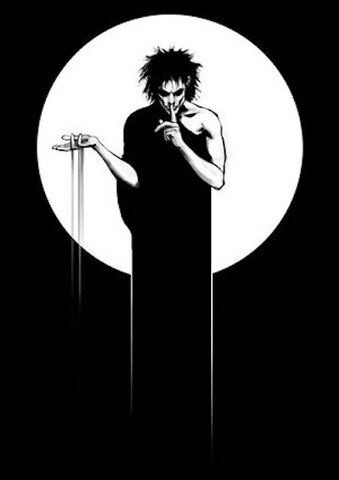
It is hard to overstate how central vampires and zombies, doppelgänger and killers, ghosts and artificial humans—haunted hybrids—have been to the construction of German identity. Few exercises reveal more about a culture than exploring its evolving pathologies, which is exactly what those seemingly marginal yet cryptic figures represent. Though often dismissed as “low culture,” ghost stories, fairy tales, and horror films invariably provide a window onto an all-together different set of spectres that haunt a society. That keep it up at night. These tales of horror are preoccupied with society’s “others,” who reside at the crossroads of technology and the unconscious. These tales offer avenues for social critique and the critique of a culture industry fixated on resurrecting them for the mass market, avenues extremely pertinent to our times.
This course explores tales of horror through some of their most spellbinding creatures and fantasies in a period ranging from the genre’s anti-Enlightenment beginnings through German Expressionism to New German Cinema. We will consider the historical or political context and the psychoanalytical underpinnings in each horrific tale and we will pay close attention to the ways these texts and films establish, safeguard or release their horrific kernels. We will hold these conversations with an eye to developing a critical approach to the way the entertainment industry supports the status quo. The writings of Sigmund Freud will be central to the class. Authors range from Ludwig Tieck and the Brothers Grimm to ETA Hoffmann and Franz Kafka. Filmic contributions range from classics of Expressionist cinema like Lang’s Metropolis and Murnau’s Nosferatu to Herzog’s late-70s remake of the latter. We will end by analyzing the Netflix series Dark.
For more information, contact Prof. Anna Hunt.